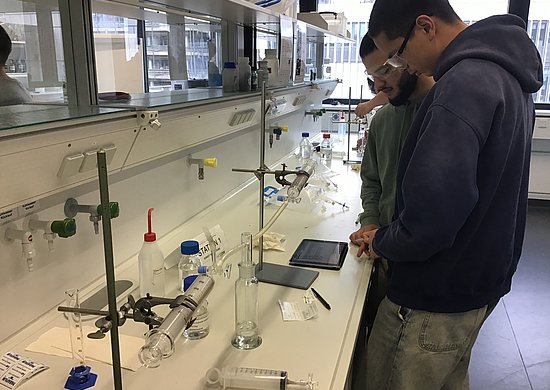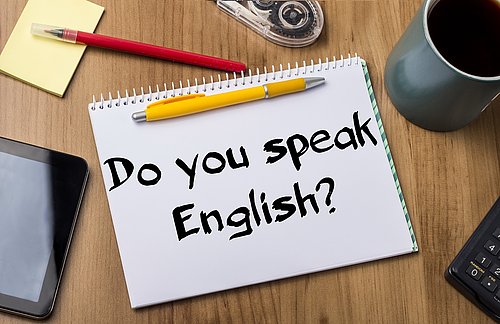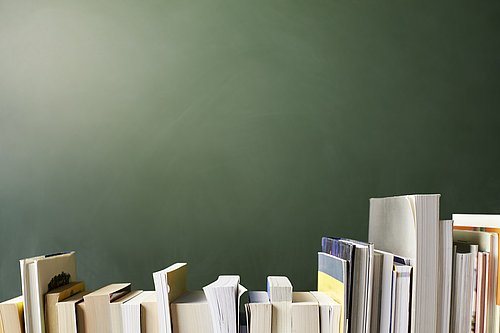
Semester abroad (Outgoings)
Under the motto "bilingual for all", various forms of bilingual teaching have emerged at all types of schools in recent years. Bilingual teaching makes a significant contribution to multilingualism and internationalization. In recent years, it has been increasingly offered, as bilingual teaching increases learners' foreign language skills and language awareness and opens up diverse cultural and subject-specific perspectives on subject content.
In order to achieve the goal of offering all pupils the benefits of bilingual learning, qualified teachers are needed who are trained in their language subject as well as in their non-language subject according to the latest findings and innovative concepts for bilingual teaching. With the Master of Education in Bilingual Teaching for the teaching profession at grammar schools, comprehensive schools and vocational colleges, students acquire the Master of Education for "normal" subject teaching as well as the special profile for bilingual teaching. With this degree course, the interdisciplinary projects and the research-oriented colloquia, the University of Wuppertal provides numerous new impulses for bilingual learning and teaching .

In bilingual lessons, pupils increasingly use English or French as a working language in subjects such as biology, chemistry, geography, history or mathematics. They learn methods and procedures to be able to act receptively as well as communicatively and productively in the foreign language.
With the establishment of the Master of Education GymGe/BK Bilingual Teaching course, the University of Wuppertal is setting an example for the future-oriented training of teachers in foreign languages and non-linguistic subjects.
The importance of language learning and the conditions under which languages are learned have changed considerably in recent years. Globally, multilingualism is considered a valuable cultural and economic asset. In addition to high professional qualifications, excellent foreign language skills for as many citizens as possible play an important role for Germany as a center of science and business. For this reason, foreign languages are given special weight in the curriculum of all schools. At the same time, the implementation of foreign language objectives must not and should not be at the expense of competence in other subjects.
The teaching of a high level of subject competence, which can also be used in one or more foreign languages, requires special qualifications on the part of the teaching staff.
Accordingly, the Master of Education GymGe/BK Bilingual Teaching aims to achieve a high level of general and subject-specific foreign language competence, very well-developed subject competence and intercultural judgment. It also attaches great importance to the development of a broad-based didactic competence.
In order to achieve these goals, the didactics of several non-linguistic subjects work closely with foreign language didactics and have developed a genuinely bilingual course of study with the new concept. This is based on the independent development of subject-specific and didactic modules. This ensures that students are taught concepts for the design of teaching and learning processes on the basis of current empirical and conceptual findings as well as the specialist knowledge of the respective subject didactics.
If we have aroused your interest in the degree program or in our research, we invite you to find out more about what the University of Wuppertal has to offer here on the BiLL (Bilingual Learning and Teaching) pages. Under the following link you will find information on admission requirements and conditions as well as examination regulations and subject combinations.
Read moreFor more information (e.g. content, requirements, examination regulations, contact persons) on the individual subjects, please click on the respective image.

English

French

Biology

Chemistry

History

Mathematics

Sachunterricht